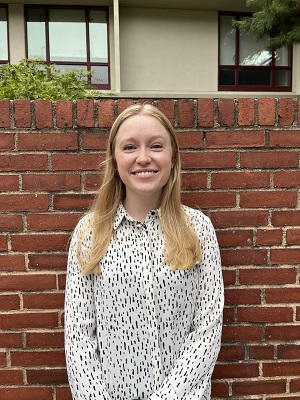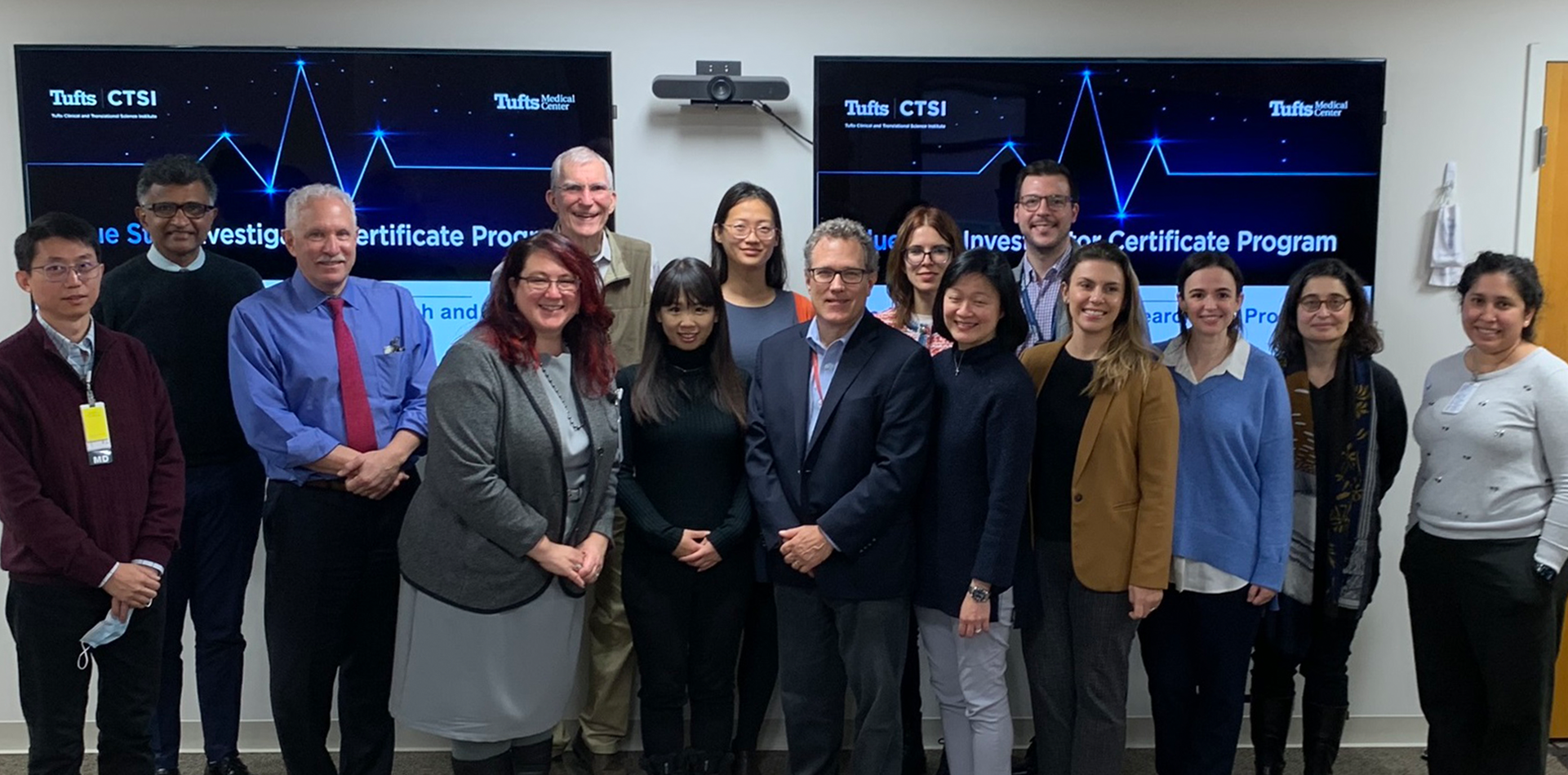Sarah Goff, MD and her team at Baystate Medical Center recently received a Patient-Centered Outcomes Research Institute (PCORI) award for Project ACCCES: A Collaboration to develop Capacity for Community-Engaged Research in Springfield. This project seeks to build a coalition of stakeholders and investigators who will be prepared to examine health inequities faced by at-risk populations in Springfield.
Interest in community-engaged research has grown recently in translational science investigator groups, and has appealed to Dr. Goff’s research interests for some time. Having grown up in the greater Springfield area, she saw the need to address threats to health that are closely linked to poverty and limit the potential of many Springfield residents. Although this type of research presents unique challenges, the potential is great for asking research questions that are most meaningful to those the research is intended to benefit.
Dr. Goff (an Internist and Pediatrician at Baystate Medical Center, Assistant Professor at Tufts University School of Medicine, and former Tufts CTSI Career Development Award Scholar) developed a multidisciplinary team of collaborators for this project. Her mentor, Peter Lindenauer, MD, MSc, Director of Center for Quality of Care Research (CQCR) and Andrew Artenstein, MD, Chair of Department of Medicine, are both interested in expanding the Center’s and the Department’s capacity to conduct community-based comparative effectiveness research at Baystate.
Drs. Goff, Lindenauer and Artenstein reached out to Kathleen Szegda, PhD, MPH, MS, Director of Community-based Research & Evaluation at Partners for a Healthier Community (PHC), a non-profit dedicated to improving the health of Springfield’s residents. PHC shares an interest in developing capacity to conduct community-engaged research in Springfield and has strong connections to the community. Given Springfield’s high rates of teen pregnancy, premature birth, opioid addiction, infant mortality, childhood obesity and asthma, there is clearly a need to better understand what interventions work best to address these health issues. Drs. Goff and Szegda, along with stakeholder partner Bettye Anderson-Frederic of the Springfield Department of Health and Human Services and patient partner Elissa Griffith-Johnson applied for PCORI funding to develop a series of workshops to catalyze community-engaged comparative effectiveness research in the at-risk communities of Springfield. They received notice of award for their two-year project in January 2015. Laurel Leslie, MD, MPH of Tufts CTSI will serve as a consultant, and will enrich the project with her substantial experience in conducting community-engaged research.
In the first year, the project team will conduct focus groups with patients, investigators, and community-based leaders. In the second year, they will utilize focus group findings and input from at-risk communities to develop and conduct workshops that aim to build partnerships and potential research proposals geared specifically to health risks in Springfield. Dr. Goff’s ultimate goal is to develop a collaborative research community of patients, researchers, providers and community leaders to support and utilize stakeholder voices in the design of future proposals. She and her team hope to engage a broad scope of community members.
“Even if we didn’t end up receiving funding for this project, I thought it would be a great exercise to bring thoughts and ideas together to understand the different perspectives and strengths of these team members, so we could get the ball rolling to start using our research skills and expertise to develop and positively impact community-based research in Springfield,” Dr. Goff says.



